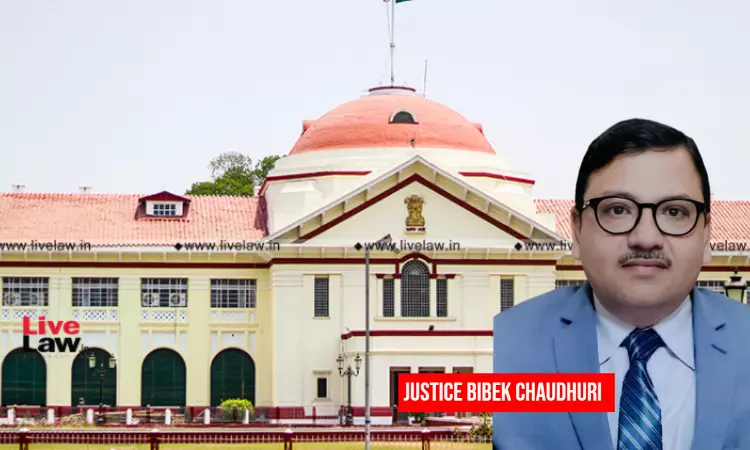Husband Demanding Money From Wife's Parents For Maintenance Of His Newly Born Baby Not 'Dowry': Patna High Court
Sparsh Upadhyay
8 April 2024 2:12 PM IST

Next Story
8 April 2024 2:12 PM IST
The Patna High Court has observed that if the husband demands money from the paternal home of the wife for rearing and maintenance of his newly born child, such demand does not come within the fold of the definition of 'dowry' as per Section 2 (i) of the Dowry Prohibition Act, 1961.A bench of Justice Bibek Chaudhuri observed thus while allowing a revision plea filed by a husband challenging...
